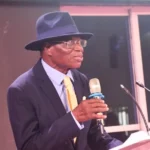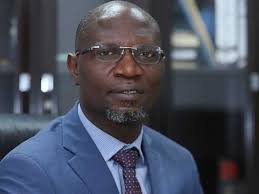FG, UNIDO partner to strengthen Nigeria’s industrial future
By Nana Musa/ Lucy Ogalue The Federal Government has signed a Programme for Country Partnership (PCP) agreement with the United Nations Industrial Development Organisation (UNIDO) to drive Nigeria’s industrial transformation. At the signing ceremony in Abuja on Wednesday, the Minister of State for Industry, Sen. John Enoh, emphasised the significanceContinue Reading





















